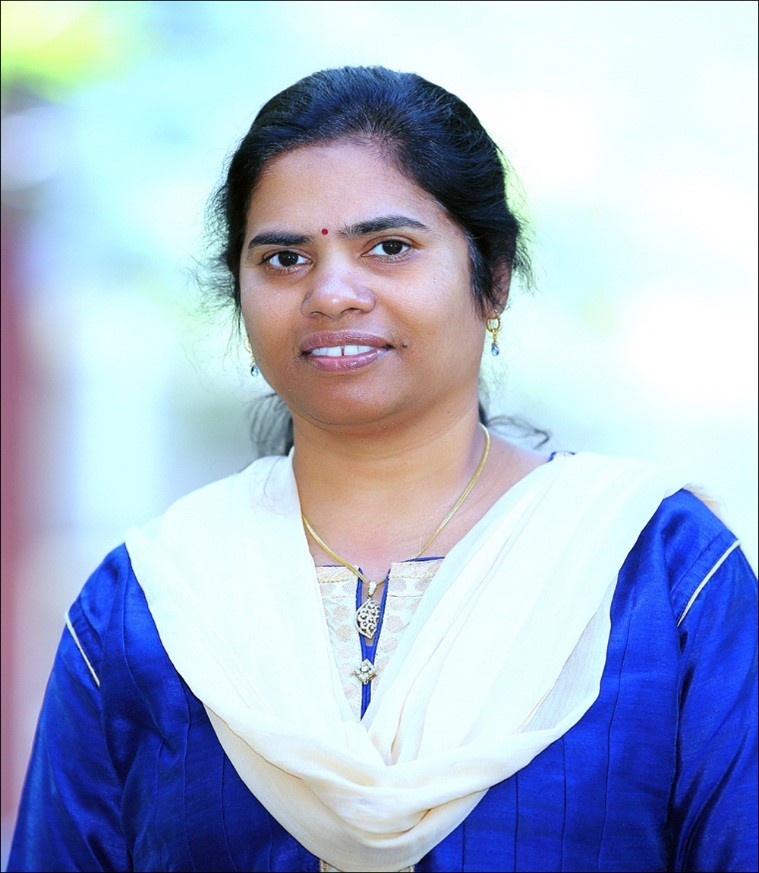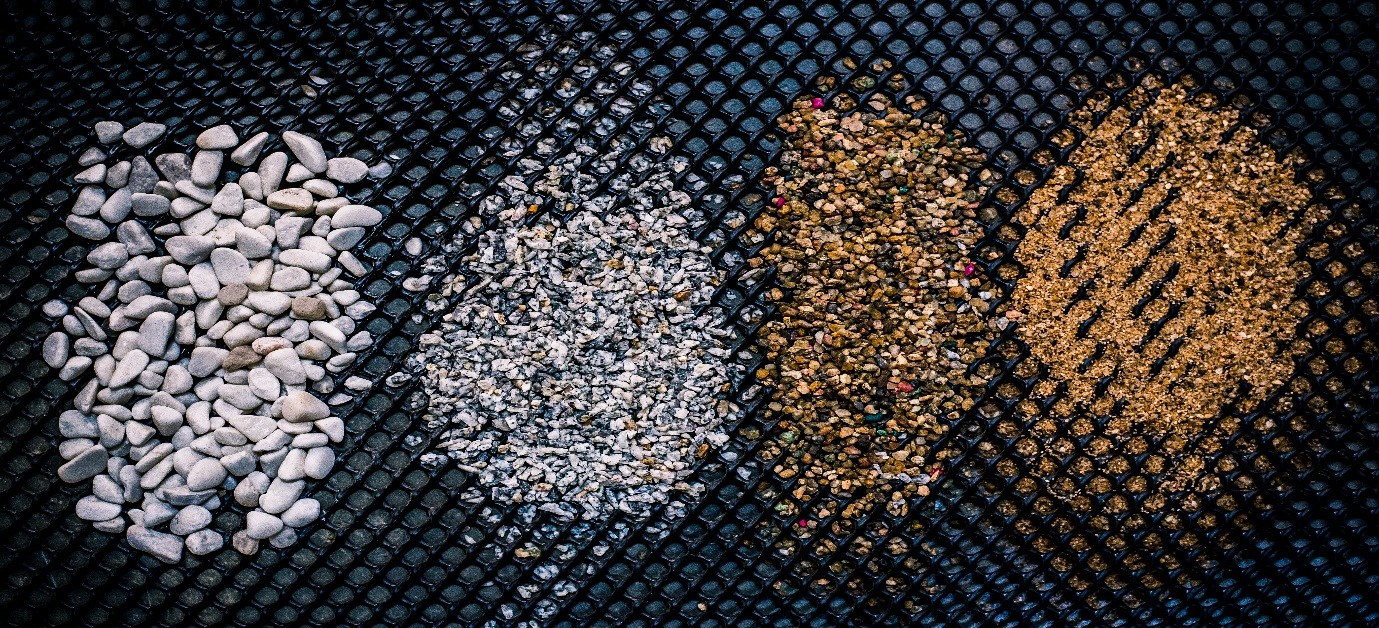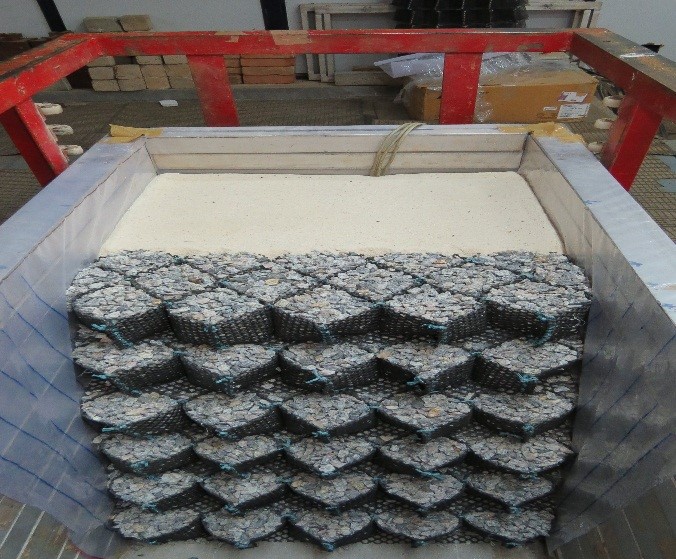Women in Science – Prof. Gali Madhavi Latha

Gali Madhavi Latha is a Geotechnical Engineering Professor at the Department of Civil Engineering. She joined IISc in 2003 after finishing her PhD from IIT Madras, postdoctoral research from IISc and working for a year as an Assistant Professor at IIT Guwahati.
When did you first realise that you wanted to be a scientist?
My childhood dream was to become a doctor. I was not supported by my family to pursue that dream. During my B. Tech. days, I was told by all my teachers that I will become a good researcher. However, my true passion for scientific research was realized during my M. Tech. days.
—————————————————————————————————
“Soils, like humans, have behavioural tendencies. They behave differently under different stress conditions”
—————————————————————————————————
Why did you choose this area of research?
My passion for research was ignited by the innovative possibilities of ground improvement technologies and their impact on the future world. Any structure must be supported by the ground. If we can modify the ground to suit the requirements of our structures and protect the structures from earthquakes by making the ground absorb most of the vibrations, the infrastructural needs of the growing world can be addressed easily. The complexity and heterogeneity of earth and its layers pose great challenges for these modifications, which need to be tackled through new ideas and techniques. I found the boundary-less creative freedom of this problem very interesting.

What are the big unresolved questions in your field?
I deal with soils. Soils, like humans, have behavioural tendencies. They behave differently under different stress conditions. Their relationship with water is an ever-complex phenomenon. Their strength, volume, compressibility and permeability are all variables that change with change in many other physical conditions and presence of water, air and contaminants. Given the fact that the earth consists of many varieties of soils and each location on earth is subjected to different physical conditions of rain and sunlight, it is nearly impossible to apply similar laws or improvement techniques for all these soils. Moreover, seismic and environmental factors cause serious changes to the soil properties. Understanding the behaviour of soil under all these conditions and making the soil behave to suit your design requirements is a perpetual challenge.

——————————————————————————————————
“Seeing your own innovative designs come to life and serve the society is the most fulfilling aspect of life in science. It makes life interesting, adventurous and worth the hardships”
——————————————————————————————————
Did you have any mentors or role models in science? If so, who were they and what do you think you’ve learnt most from them?
Two persons who helped me in shaping up my career are Prof. A. Sreerama Rao, who taught me the basics of soil mechanics and ground improvement during my B. Tech. at JNTU Kakinada and Prof. K. Rajagopal, my Ph.D. supervisor at IIT Madras. While the love for this subject was incited by the former, complete credit for familiarizing me with the intensity of the subject, along with a deep-rooted understanding of concepts, goes to the latter.
What is the most fulfilling thing about a life in science?
Seeing your own innovative designs come to life and serve the society is the most fulfilling aspect of life in science. It makes life interesting, adventurous and worth the hardships.
What do you like most about working in IISc?
Apart from the research freedom that I enjoy and the tranquil natural setting of the campus, there is this element of homeliness in the work culture of IISc, which keeps me emotionally connected and content.
What would be your advice for aspiring women scientists?
It is very important to be available to the opportunities that come your way. When it comes to taking tough decisions in your career, courage is more important than your calculations and when you need to make choices, do not choose the convenient or the acceptable over the thing that you love.
Click here to view about a few of the Other Women in Science






